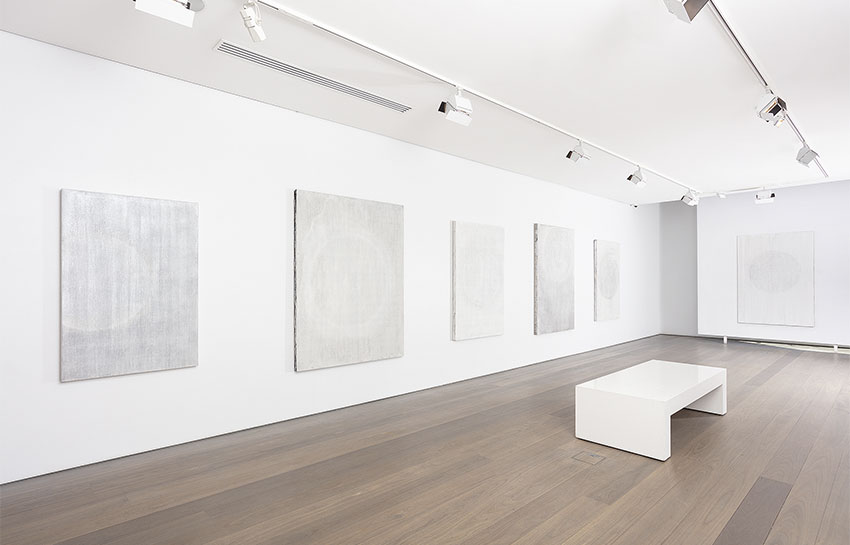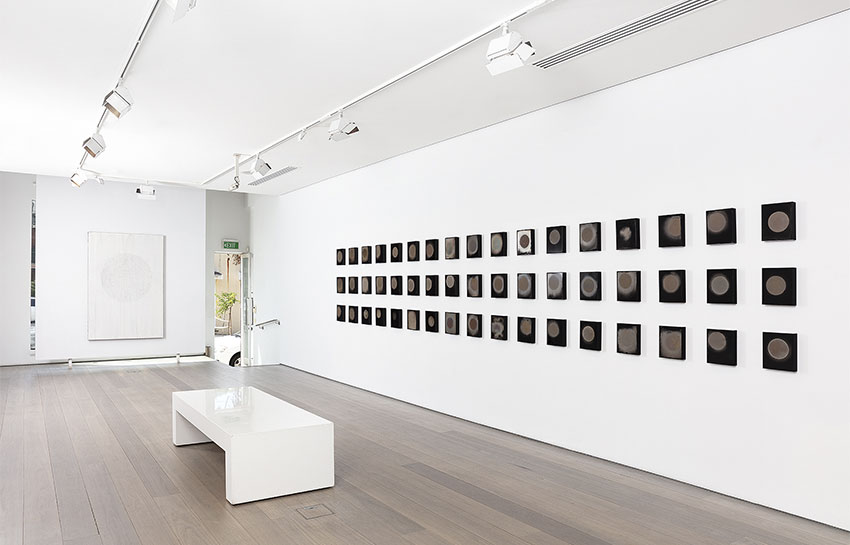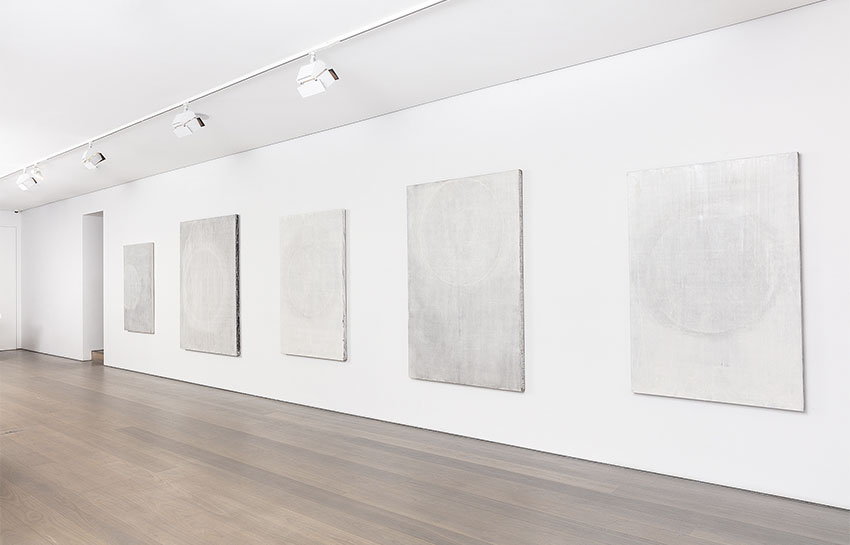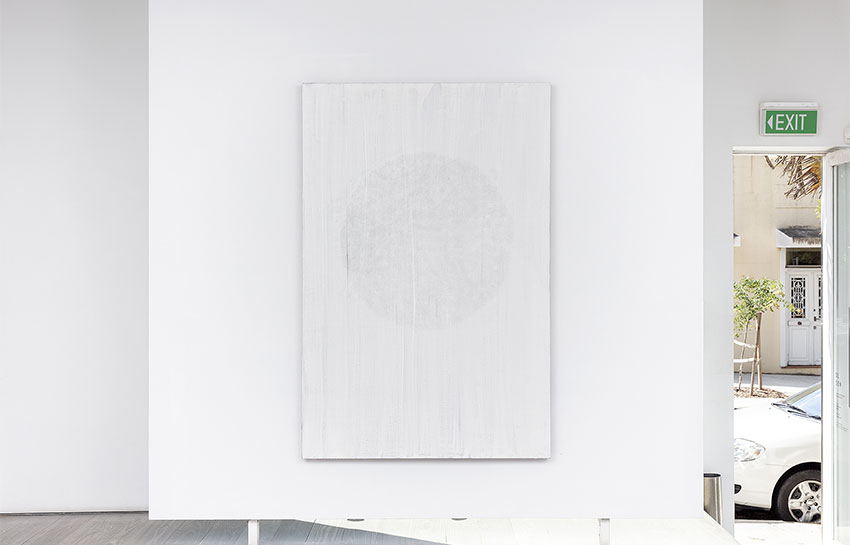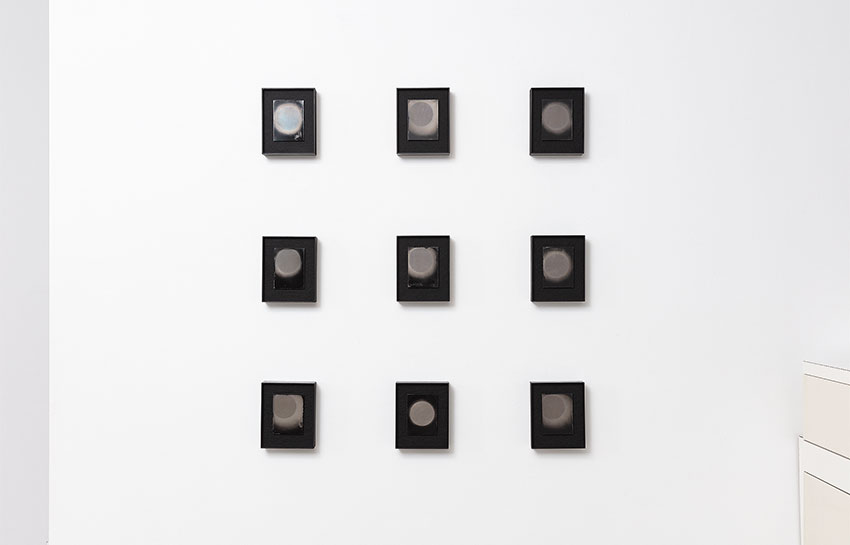The Sun Gives without Receiving
"The sun gives without receiving". It is a claim in a number of 'old stories'' retold by the anthropologist Michael Taussig (also born in Australia, also alert to myth and the poverty of the 'all too human'). Georges Bataille, maverick archivist and poet of the extremes, saw the sun as the god of violence and luxury. The sun is sovereign. It is sheer expenditure, without hoarding, without investment. Solar deities are the originals (an entire theory of mythology and language cemented itself to this thought.) For Max Müller the sun is the god of gods, the source of fertility, the giver of laws, father of the sky. Dyaus is the Vedic sky deity, passing from the Aryan to the Greek, Germanic and Roman, he becomes Zeus, Jupiter, and Tyr. A patriarch in a world without couples, marriage or contracts, the sun's self-sufficiency makes it everything we are not. And the ruler of the sky has no forebears, no genealogy to worry about, no fear of being derivative. For an artist pursuing a source of life beyond the anthropomorphic, perhaps at a point where cosmos and inorganic nature meet, the sun has all the sublimity we could possibly want, and much of the indifference. The sun needs no other source but itself. Pure expenditure; no saving, no reckoning of the costs. The sun gives. We take. Taussig speculates in his Mastery of Non-Mastery in the Age of Meltdown that the 'sun is the source of the original primitive accumulation'. Earlier Modernists regretted the 'disenchantment of nature', the flight of the gods, the loss of human harmony with the cosmos (was the sin technology? reason? the giddy sense of human power over the natural world?') Now, Taussig suggests, in an age of climate meltdown, nature is 're-enchanting', but malevolently. The setting sun in Lars von Trier's Melancholia of our end, the world's 'negative sublime'. Coote does not need to resort to mythic analogies to prove her stake in enchantment. The sober, repetitious, patterns of meaning she creates through the sun's unity in multiplicity make the case to us without rhetorical flourishes. This is here even when we are not. This is the discipline of waiting, and watching, and looking. Is 'our' sun going down, burning us out, pressing on to our extinction? or is it, like the mind, graceful enough to give way to shadow, to night, and to the moments of illumination in which we are enriched, not burnt, by the sun? In Coote's Sun Series, the senses commune with thought. This is no more, and no less, than that great sun-worshipper Plato, would have secretly hoped for.
Lisabeth During, Jan 2022

